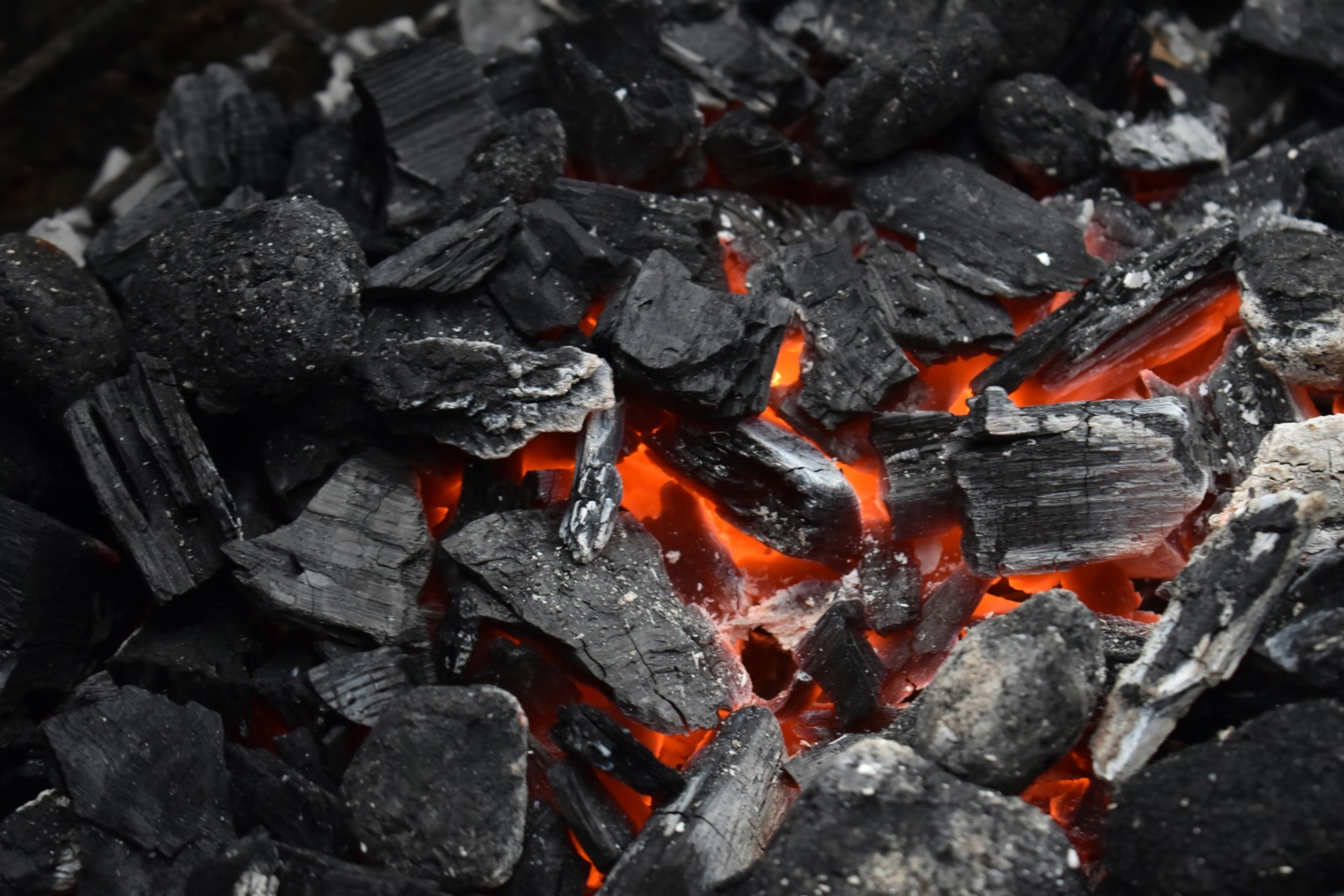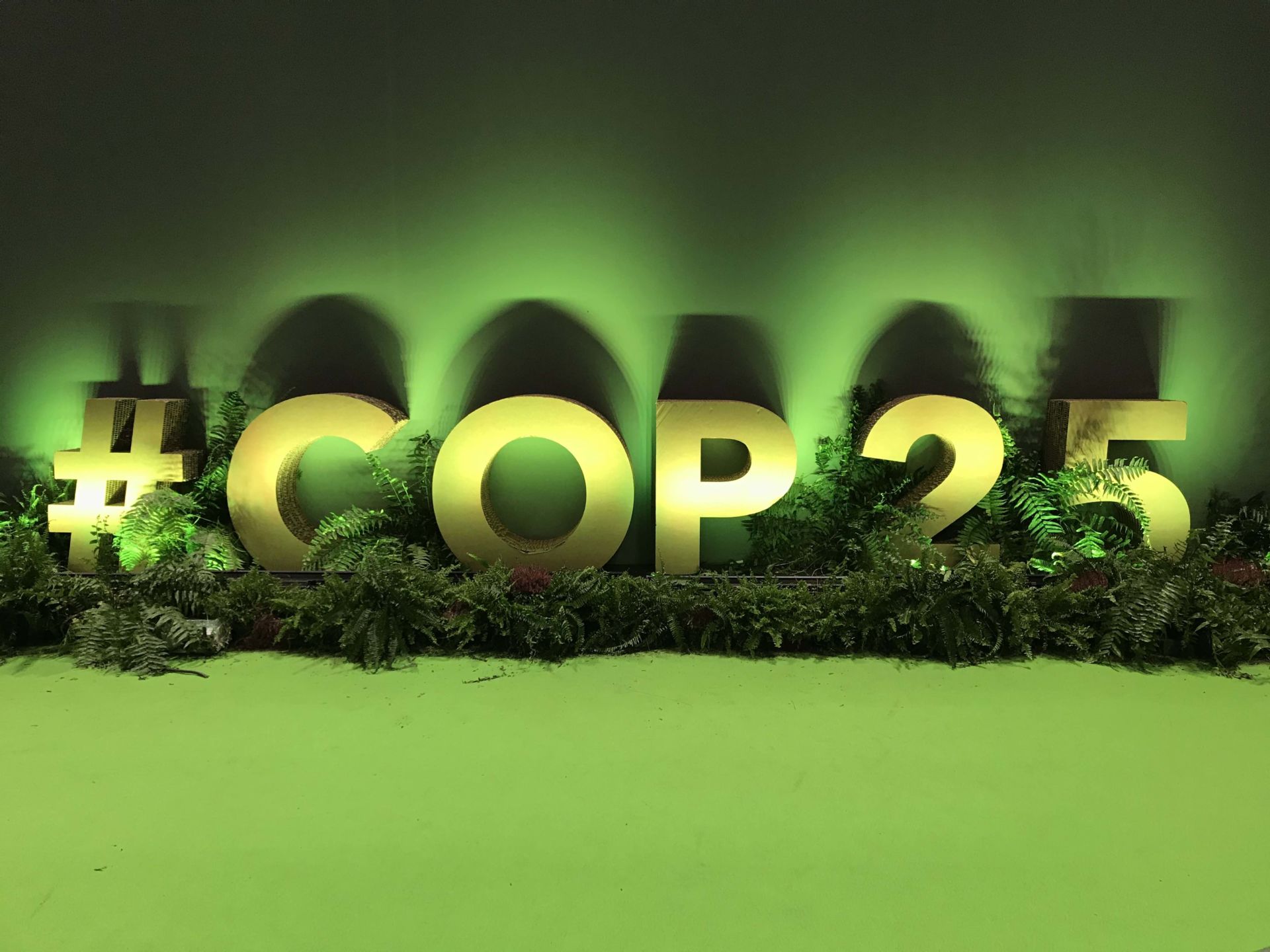Climate change threatens livestock production in Sub-Saharan Africa, yet rising demand for livestock products is an opportunity for poor households who depend on livestock for their livelihood. A new project in East Africa aims to support climate-smart livestock systems based on adaptation and mitigation.
Article in collaboration with: CGIAR Research Program on Climate Change, Agriculture and Food Security (CCAFS) seeks to address the increasing challenge of global warming and declining food security on agricultural practices, policies and measures through strategic, broad-based global partnerships.
In Sub-Saharan Africa, livestock is crucial for the livelihoods of more than 80 percent of poor households. In addition, as a result of a growing population, increasing income and urbanisation, demand for livestock products is rising steadily across the region.
Related topics: Investment in Climate-smart Agriculture – Tracking livestock emissions to identify low-carbon development pathways – Mobile Pastoralists: The Challenge of Livestock Markets
This might seem like a good combination—those with rising purchasing power can buy more livestock products, thereby helping to increase the incomes of poor livestock keepers. Throw the climate crisis into the mix, however, and the situation turns sour. Climate change has a negative impact on livestock production. Rising temperatures and lower annual rainfall reduce livestock productivity and inhibit the growth of fodder crops. Soil degradation and water scarcity led to declines in food for animals. Land-use conflicts are increasing, threatening food security and gradually eroding livestock farmers’ livelihoods.
On the other hand, livestock production is not only affected by the impact of climate change, but it also contributes to it. For example, in many countries in the region, the agricultural sector is the largest source of greenhouse gas (GHG) emissions. The largest part often comes from livestock production, such as emissions released during the digestive process of ruminants, from storage and application of manure, and in fodder production.
Many countries indicate in their Nationally Determined Contributions (NDCs) their willingness to implement measures for reducing livestock sector emissions; however, emissions data is not yet available for accurately determining the mitigation potential of climate-smart livestock systems. Such systems are better adapted to the impact of climate change and contribute to climate change mitigation. Livestock farmers and policy-makers in particular require information on possible climate scenarios and tried-and-tested solutions for their implementation.
New project to support climate-smart livestock systems
In the past few months, the Program for climate-smart livestock systems (PCSL) was launched in Kenya, Ethiopia and Uganda by the International Livestock Research Institute (ILRI) to support interventions to increase the contribution of livestock production to the three key pillars of CSA: increased productivity, mitigation of GHG emissions and adaptation to climate change. The program is being implemented across four different major livestock production systems in the three countries until 2022.
The PCSL will take an integrated three-pronged approach that aims to improve capacities of different stakeholders to implement interventions to support climate-smart livestock development:
- At the local level, ILRI will work with livestock keepers to identify and test field practices that are currently technically possible but need additional support to make them socially and economically feasible, such as the improvement of the quality of livestock feed.
- At the district and national level, ILRI will support line ministry staff, the private sector and civil society representatives to develop the appropriate enabling environment for implementing climate-smart livestock development. ILRI will also provide decision-making support through the participatory development of plausible future scenarios, particularly given the uncertainty about the future and the differing objectives of key decision makers in the context of climate change.
- Finally, ILRI will develop measurement, reporting and verification (MRV) tools as well as baseline GHG emission data for addressing the mitigation agenda. In addition, adaptation tracking protocols will be developed to support the country’s reporting on progress towards their climate change adaptation targets. Tools will be developed in line with modalities, procedures and guidelines of the Enhanced Transparency Framework of the Paris and Katowice agreements.
The PCSL will support governments, the private sector and local stakeholders in realizing their development objectives while also achieving their climate change adaptation and mitigation goals. The project will ensure that the expected short, medium and long-term impacts of climate change on the livestock sector are taken into account in the planning of policy frameworks, strategies and investment projects.
Read about the country launches on the ILRI blog:
- A new project is launched to support climate-smart livestock strategies and investments in East Africa
- Program to support climate-smart livestock systems launched in Ethiopia
- New program to enhance climate-smart livestock systems launched in Uganda
About the author: Lili Szilagyi is the Communications Consultant for the CCAFS Flagship on Priorities and Policies for CSA. Laura Cramer is the Science Officer for the CCAFS Flagship on Priorities and Policies for CSA.
EDITOR’S NOTE: The opinions expressed here by Impakter.com columnists are their own, not those of Impakter.com. Photo Credit: C. Hanotte (ILRI)















